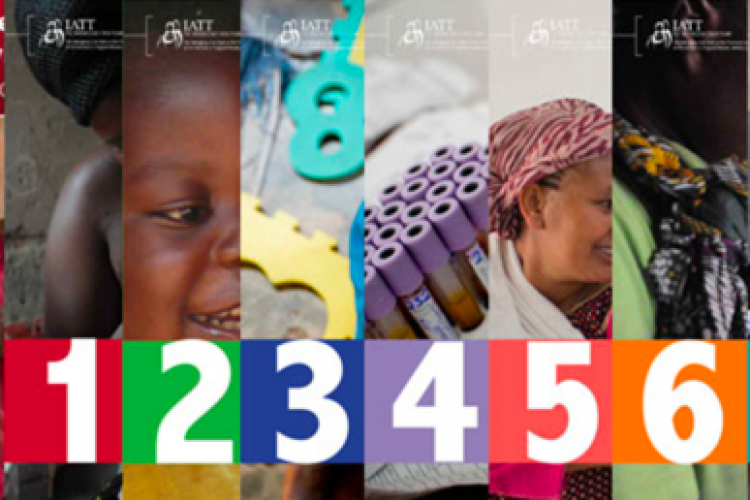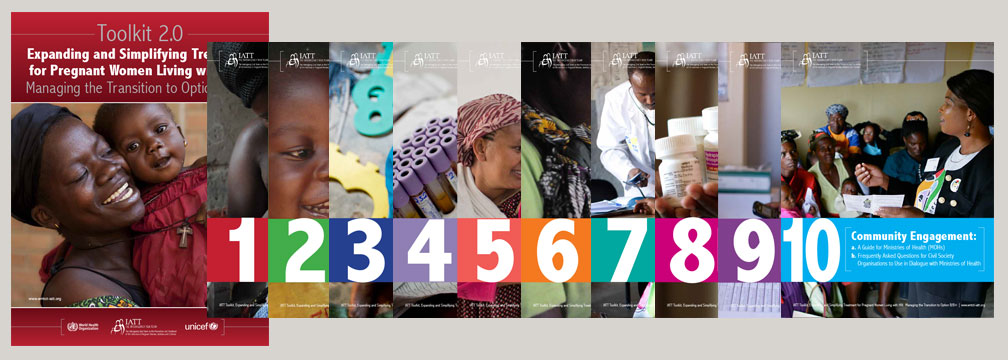HIV and Young People Who Inject Drugs Technical Brief
This brief offers a concise account of current knowledge respond to the overlapping vulnerabilities of young people concerning the HIV risk and vulnerability of young people who inject drugs or the specific legal challenges and ethical who inject drugs; the barriers and constraints they face concerns in working with children. These vulnerabilities to appropriate services; examples of programmes that require responses that may go beyond the harm-reduction programmes recognized as effective for adults.

